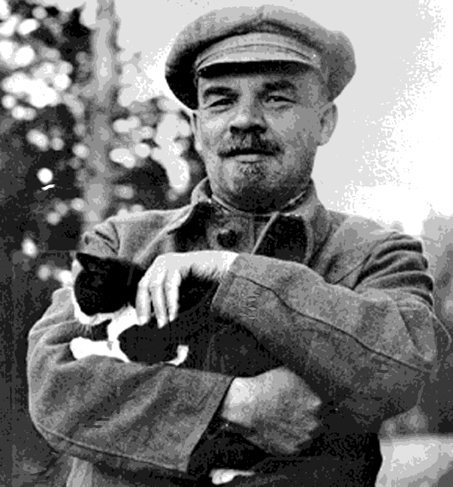- 09 Aug 2013 20:20
#14285842
but this:
But whatever the desirability of my changes or yours there would be mass opposition by voters in Britain. While many property owners would like easier planning to exploit their own property very few actually want more development in their own neighbourhoods and locality. Libertarianism is a million miles for being implemented. Some things have become more libertarian over recent decades, but many things have become less libertarian, more controlled and regulated whether for good or for bad.
There are many things I'd like to more Libertarian. I'm against the huge burden of impose by anti terrorism and anti paedophile legislation. But lets be fucking honest. These controls have widespread public backing they're not just the result of control freak politicians. I'll tell you the non aggression principle's not worth the paper its written on. Sure in America you might even get people to pay lip service to it like people pay lip service to the Constitution, but it won't make the damdest bit of difference. If there is one country that disproves libertarianism its America. They even founded it on the principle that all mean are born free, or rather lip service to it. These principles proved utterly worthless.
America from the slave owning sons of liberty to the government get your hands off my Medicare Teabaggers. What a fucking joke!
Eran wrote:But before we descend into ridiculous dystopia, let's keep in mind what our current society is like. Bank loans, for example, are easily available to any viable prospective enterprise... Workers and other humans routinely start their own businesses (despite countless ways governments make that more difficult than necessary), people live, save and fund their families working even as unskilled workers. Cheer up!You see I can run with this,
but this:
Eran wrote:Land is cheap and plentiful (once you remove free up government land and zoning restrictions).!Now I don't want planning anarchy, but I do want radical change on property. The price of accommodation is outrageous in Britian, and theirs no doubt that outside of inner cities its not market forces that make it so expensive. Personally I'd like to see a land value-use tax. With a personal property tax allowance. So having a property in a national park would incur a high tax and even more if it was an eyesore. So there would be a massive expansion of property building while in some areas the amount of buildings and private property might reduce.
But whatever the desirability of my changes or yours there would be mass opposition by voters in Britain. While many property owners would like easier planning to exploit their own property very few actually want more development in their own neighbourhoods and locality. Libertarianism is a million miles for being implemented. Some things have become more libertarian over recent decades, but many things have become less libertarian, more controlled and regulated whether for good or for bad.
There are many things I'd like to more Libertarian. I'm against the huge burden of impose by anti terrorism and anti paedophile legislation. But lets be fucking honest. These controls have widespread public backing they're not just the result of control freak politicians. I'll tell you the non aggression principle's not worth the paper its written on. Sure in America you might even get people to pay lip service to it like people pay lip service to the Constitution, but it won't make the damdest bit of difference. If there is one country that disproves libertarianism its America. They even founded it on the principle that all mean are born free, or rather lip service to it. These principles proved utterly worthless.
America from the slave owning sons of liberty to the government get your hands off my Medicare Teabaggers. What a fucking joke!



















 - By JohnRawls
- By JohnRawls - By KurtFF8
- By KurtFF8 - By Potemkin
- By Potemkin